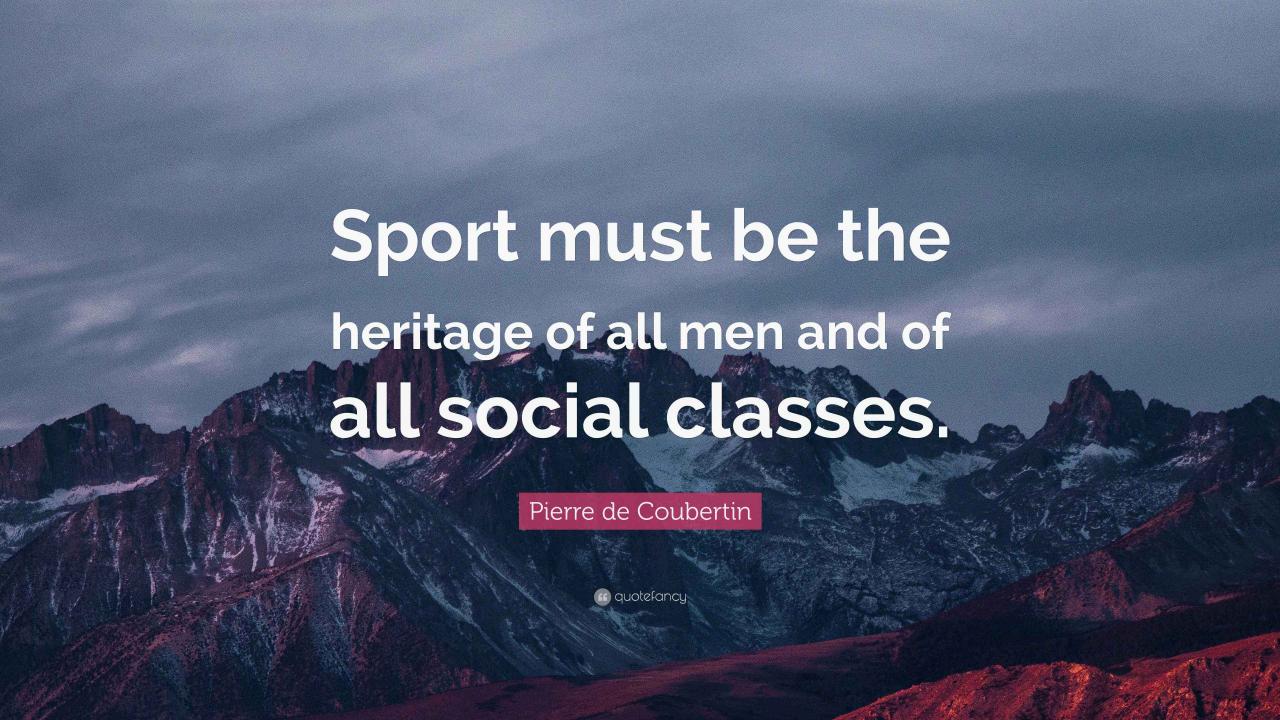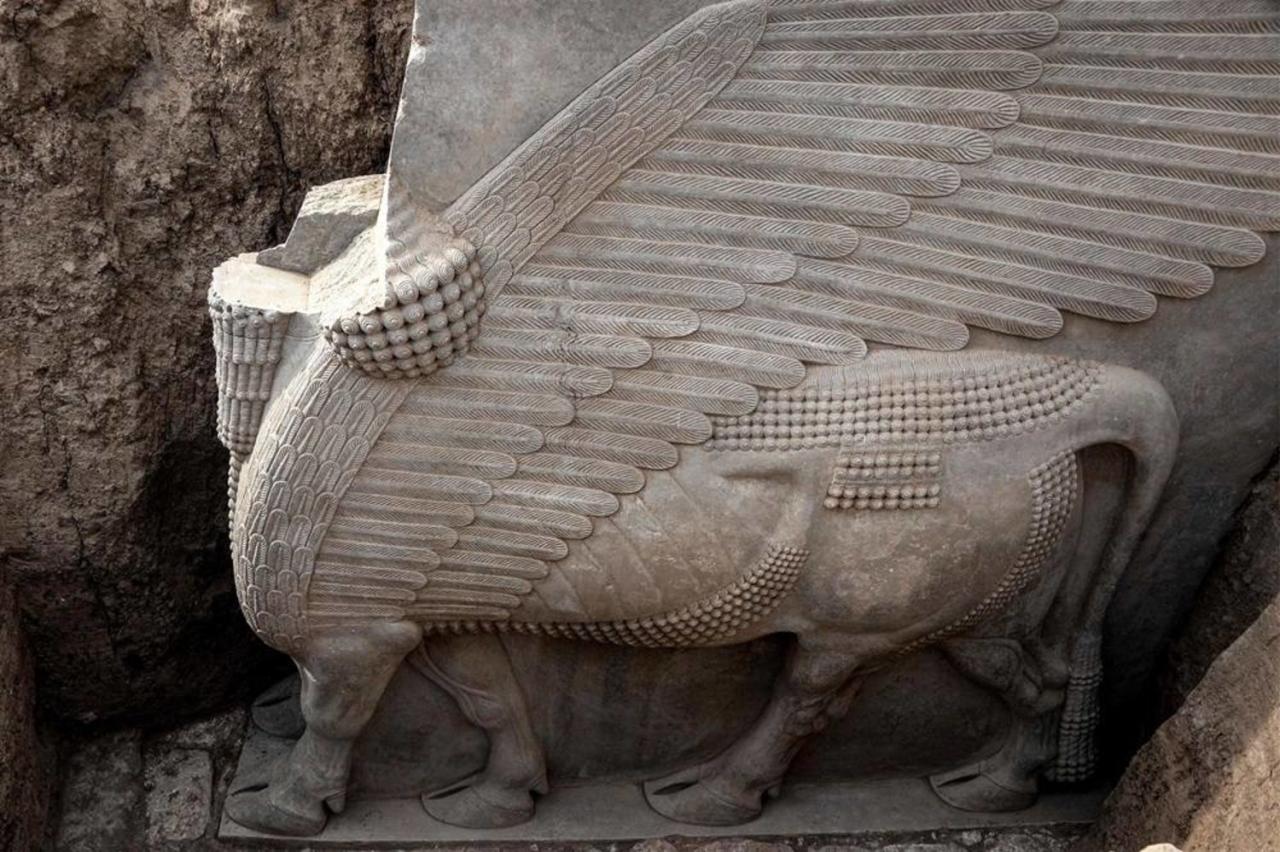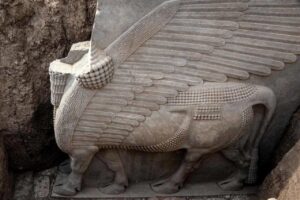Traditional Sports and Games That Keep Heritage Alive serve as vibrant expressions of cultural identity, bridging generations through shared experiences. These activities not only showcase unique skills and techniques but also reflect the values and histories of the communities they represent. As we delve into this fascinating realm, we discover how these pastimes foster unity, pride, and a sense of belonging amidst the rapid changes of modern society.
From ancient rituals to contemporary competitions, traditional sports and games embody the spirit of various cultures around the world. They offer a glimpse into the rich tapestry of human experience, reminding us of our roots and the importance of preserving our heritage for future generations. Whether it’s the graceful movements of a folk dance or the strategic gameplay of a local sport, these activities keep cultural legacies alive and relevant.
Welcome, dear readers! Today, we’re diving into a fascinating cultural exploration that not only broadens our understanding of different societies but also enriches our appreciation for the diverse tapestry of human experience.
### The Importance of Cultural Research
Cultural research is a crucial field that allows us to understand the beliefs, practices, and social dynamics of various communities around the globe. By examining different cultures, we gain insights into how people interpret their world, maintain their traditions, and adapt to change. This endeavor is not merely academic; it’s profoundly personal for many, as it opens the door to empathy and connection.
When we engage in cultural research, we embark on a journey that can transform our perspectives. We learn about the rituals that define a community, the languages that echo their history, and the art forms that express their collective identity. This exploration helps us realize that while we may come from different backgrounds, the core human experiences of love, struggle, joy, and sorrow unite us all.
### Exploring Global Festivals
One of the most vibrant aspects of cultural research is the exploration of global festivals. These celebrations are not just events on a calendar; they are expressions of identity, history, and community spirit. Let’s take a look at a few notable festivals around the world.
#### Diwali: The Festival of Lights
Diwali, celebrated by millions of Hindus, Sikhs, and Jains across the globe, is known as the Festival of Lights. This five-day celebration symbolizes the victory of light over darkness and good over evil. Homes are adorned with oil lamps, candles, and colorful rangoli designs, creating a breathtaking visual spectacle.
During Diwali, families come together to perform rituals, exchange gifts, and enjoy festive meals. Sweets play a significant role in the celebrations, with treats like ladoos and barfis being prepared and shared among loved ones. The festival culminates in a stunning display of fireworks that light up the night sky, symbolizing the joy and hope that Diwali brings.
#### Carnival: A Celebration of Life
Carnival, particularly in Brazil, is another spectacular example of a cultural celebration. This festival, which takes place before Lent, is a riot of color, music, and dance. The streets come alive with samba parades, elaborate costumes, and a palpable sense of joy and freedom.
Carnival is a time when social norms are often subverted, allowing for a sense of liberation and self-expression. It’s not just a party; it’s a powerful statement of cultural identity, where marginalized voices can be heard and celebrated. This festival showcases the creativity and resilience of the Brazilian people, making it a vital part of their cultural heritage.
#### Oktoberfest: A Toast to Tradition
Oktoberfest in Munich, Germany, is the world’s largest folk festival, attracting millions of visitors from around the globe. What began in 1810 as a royal wedding celebration has evolved into a massive event celebrating Bavarian culture, food, and, of course, beer.
Participants don traditional outfits, like lederhosen and dirndls, as they gather in massive tents to enjoy hearty German dishes like pretzels, sausages, and schnitzel. The festival fosters community, camaraderie, and a sense of belonging, as people from various backgrounds come together to enjoy the festivities.
### The Role of Technology in Cultural Exchange
In today’s digital age, technology plays a significant role in cultural research and exchange. Social media platforms, virtual reality experiences, and online communities allow us to connect with cultures we may never physically visit. This access to diverse perspectives enriches our understanding and appreciation of global traditions.
For instance, platforms like Instagram and TikTok showcase cultural practices, art, and traditions from around the world. Users can experience everything from traditional dances to cooking demonstrations from the comfort of their homes. This democratization of cultural knowledge fosters greater awareness and respect for diversity.
Moreover, technology has enabled scholars and researchers to collaborate across borders, sharing findings and insights in real time. This global dialogue enhances our understanding of cultural dynamics and allows us to address social issues collaboratively.
### Challenges in Cultural Research
Despite the benefits, cultural research also faces challenges. One significant issue is the risk of cultural appropriation, where elements of a culture are taken out of context and used without understanding their significance. This can lead to the commercialization of cultural practices, stripping them of their meaning and reducing them to mere trends.
Additionally, researchers must navigate ethical considerations when studying and representing cultures. It’s essential to approach cultural research with respect and sensitivity, ensuring that the voices of the communities being studied are heard and honored.
### Conclusion: Celebrating Diversity
As we conclude this exploration of cultural research, it’s essential to recognize the beauty of diversity. Understanding and appreciating different cultures not only enriches our lives but also promotes global harmony. By celebrating our differences, we can foster greater empathy and compassion in an increasingly interconnected world.
So, whether you’re attending a local festival, engaging in cross-cultural dialogue, or simply learning about the traditions of another community, remember that every cultural exchange is an opportunity to grow. Let’s embrace the richness of our world and continue to celebrate the myriad ways in which we are human.
Thank you for joining me on this cultural journey! I hope you feel inspired to explore the diverse cultures that make our world so vibrant and exciting.
Key Questions Answered: Traditional Sports And Games That Keep Heritage Alive
What are some examples of traditional sports?
Examples include kabaddi from India, sumo wrestling from Japan, and hurling from Ireland.
Why are traditional games important?
They help preserve cultural heritage, foster community bonds, and pass down values to future generations.
How do traditional sports evolve over time?

They adapt to societal changes while retaining core elements that reflect cultural significance.
Can traditional sports promote tourism?
Yes, they attract visitors interested in cultural experiences, thereby boosting local economies.
How can communities support traditional sports?

Communities can organize events, provide funding, and offer educational programs to engage younger generations.

Tinggalkan Balasan